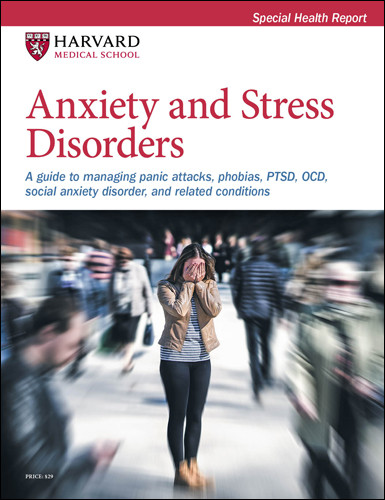The Big 5 personality traits
Researchers have identified five universal traits that make up our personalities and inform how we think, feel, and act, as well as influence every aspect of our lives, including how lonely we may feel. These traits exist on continuums. We all possess these traits, but how much of them we have— that is, where we lie on the continuum—varies from person to person, which is what makes each of us unique individuals.
These are the five traits:
- Extroversion, which describes whether you gain energy by turning outward and being with others or turning inward and preferring solitude (see “Introversion,” page 10). Extroverted individuals are socially outgoing, whereas less extroverted individuals (commonly known as introverts) like to avoid large gatherings and feel overwhelmed and fatigued when they spend a lot of time with others. Not having enough friends and a big enough social circle may leave extroverts feeling lonely, while introverts who force themselves to be more social than they would really like to be ultimately may end up feeling lonely and stressed since it is not an authentic way of living for them.
- Agreeableness, which relates to how you treat others. Highly agreeable people value being helpful, compassionate, and cooperative, and they make friends easily. Less agreeable people tend to be stubborn, competitive, suspicious, and manipulative—qualities that make it more difficult to forge strong relationships.
- Conscientiousness, which refers to how detail- and goal-oriented you are. Highly conscientious people are very organized and tend to be emotionally stable, whereas less conscientious people tend to be messy, prone to procrastination, and impulsive. More conscientious people may be better at maintaining friendships because their planning abilities help them thwart loneliness, while less conscientious people may inadvertently neglect friendships only to find themselves lonely.
- Neuroticism, which reflects how emotionally stable you are. People with a high degree of neuroticism are typically irritable, tightly wound, and prone to moodiness, which makes it harder for them to make and keep friends than people who are more emotionally stable.
- Openness to experience, which refers to how creative and curious you are. Highly open people like to learn new things and meet new people, and they aren’t afraid of change or challenges. Less open individuals are more rigid and proscribed in their behavior, and they may not know how to break out of their shells to gain the social contacts they need and desire. It appears that 40% to 60% of the variations in these five personality traits are inherited, particularly the propensity to neuroticism and openness to experience—meaning that if your parents are irritable and moody (high in neuroticism) and averse to change (low in openness), you and your siblings are likely to be, too













